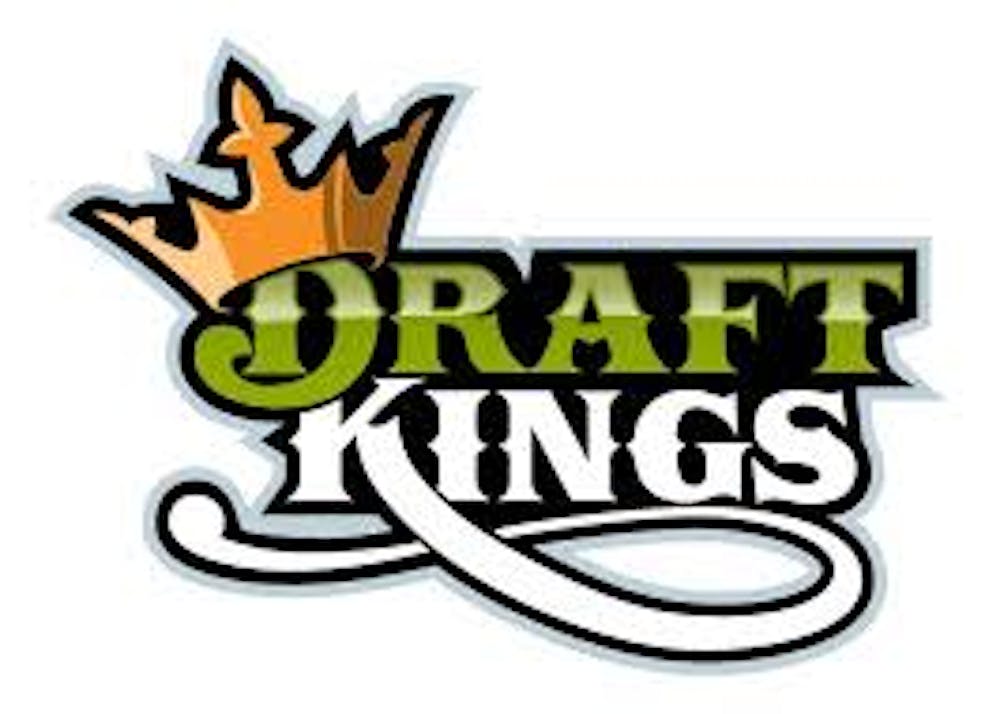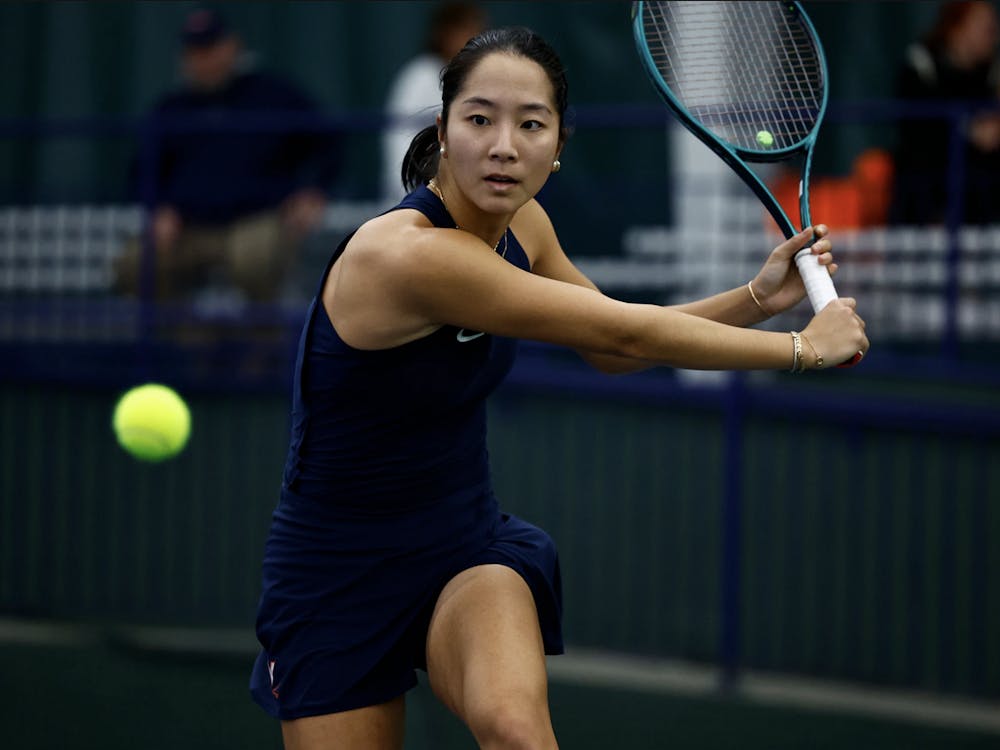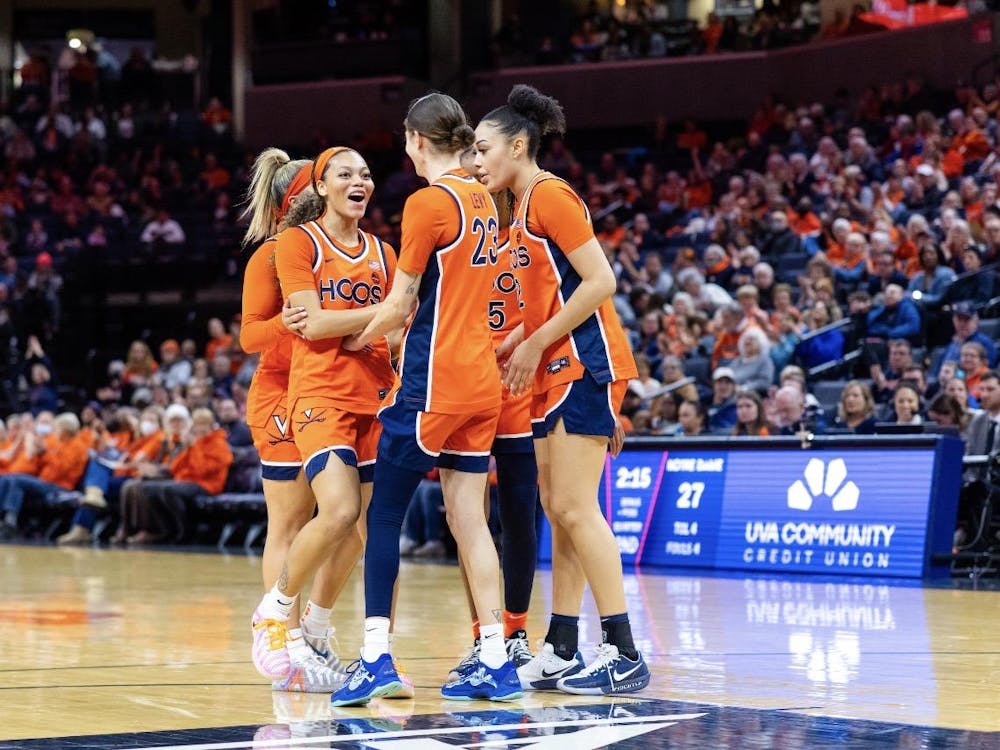Anyone who owns a TV and watches sports has surely heard of the daily fantasy sports website DraftKings by this point. The company was the single largest television advertiser last week, and during the first week of the NFL season, DraftKings and competitor FanDuel spent over $26 million on ad spots.
Daily fantasy sports, which allow people to pick cohorts of players and win or lose money based off those players’ performances, were relatively obscure just one year ago. Now, they have the attention of most households in the United States.
DraftKings and FanDuel, which claim they aren’t gambling sites, made $97 million in revenues last year and hope to triple that in 2015. The bulk of that revenue comes from casual fans just looking to have some fun while watching sports.
I question whether daily fantasy leagues are good for sports or fans. It takes away interest from teams and the game itself, replacing that with interest in a select few offensive players. Sure, sports leagues will love it if the phenomenon leads to more viewers, but I have hard time believing it could lead to ticket sales, or what I would call a nuanced appreciation for the sport.
To put it a different way, watching Ole Miss vs. Alabama to see if Laquon Treadwell catches a touchdown pass somehow feels less valuable than watching Ole Miss vs. Alabama to enjoy some of the best college football out there.
On top of that, most casual players of daily fantasy sports fail to realize they’re at a huge competitive disadvantage to the power players. Several reports have documented the hours of work and hundreds of thousands of dollars the so-called “sharks” put into making profits off these sites. It’s certainly possible for regular guys and gals to win, especially in the low-stakes low-reward leagues, but the game is still rigged against this type of player.
But what bothers me more is that daily fantasy sports have crept into college athletics. This means that I, a University student, can now make more money off my athlete peers than they can make themselves. Gambling on college football has always been around, but until now it wasn’t too easy for casual fans to place bets. Now, companies are pouring millions into getting these apps on every sports fans’ smartphone, and it’s increasingly likely that someone could bet on college football with less than two minutes of effort.
We’ve gotten to the point where literally everyone except the players can profit from college sports. Corporations get valuable ad spots, media conglomerates can sell those ad spots, schools sell hefty media contracts, bars and restaurants attract great business when games are broadcasted, and now, even fans can place bets on the performances of the athletes.
Daily fantasy sports have also completely erased the illusion that all college athletes are equal. These apps literally display the relative monetary value of one player compared to other players. The platform also creates clear proof that each player has a market value, and that it’s easy to invest in that player and make a profit.
If you argue that scholarships are a form of just compensation for the service athletes provide to their schools, ask yourself: are people more likely to tune into LSU games to watch running back Leonard Fournette or back-up Darrell Williams? Now that Fournette is on thousands of weekly fantasy teams, imagine how that equation is further skewed.
I don’t necessarily believe daily fantasy sports should be outlawed (though they should be heavily taxed and regulated). In college football, however, I think the practice is immoral. Users are essentially exploiting the labor of college athletes to make a profit, just as universities are exploiting that labor to create revenue. Of course, it’s not like players in professional leagues are profiting off these leagues either — though I believe they should be, as using players’ names and likenesses gives sports gambling a huge advantage over types of gambling involving faceless events.
In professional leagues, however, players are making enough money where people gambling over their performance isn’t going to be too concerning to them. But if I were a talented college athlete, I couldn’t imagine knowing that people all across the country were freely profiting off my performances, while I only received a scholarship worth a fraction of that profit. And for that reason, you won’t ever find me patronizing DraftKings, FanDuel or any of these sites.
Matt Comey is a weekly Sports Columnist for The Cavalier Daily. He can be reached at m.comey@cavalierdaily.com. Follow him on Twitter @matthewcomey.







